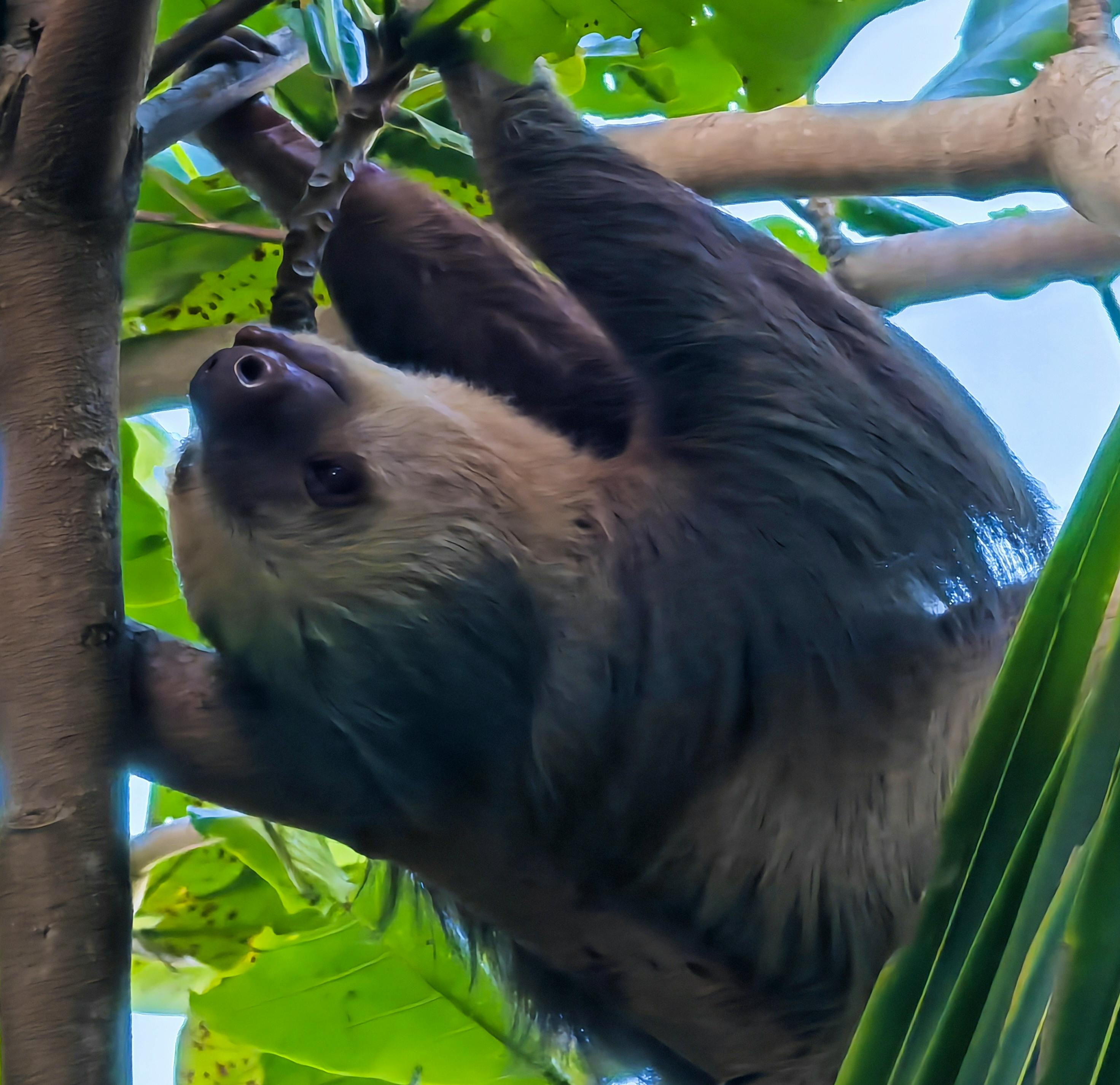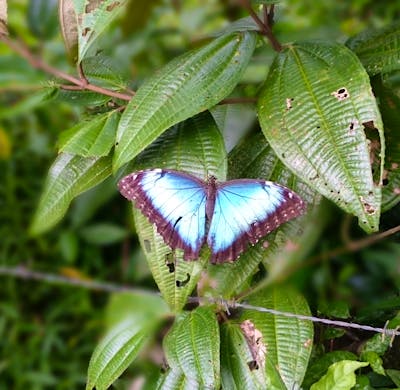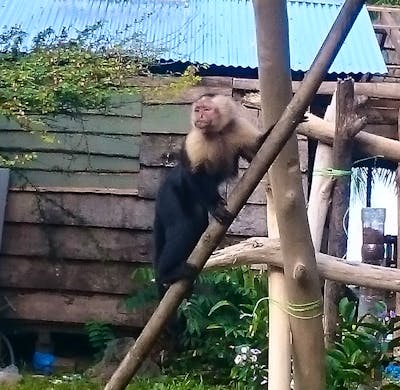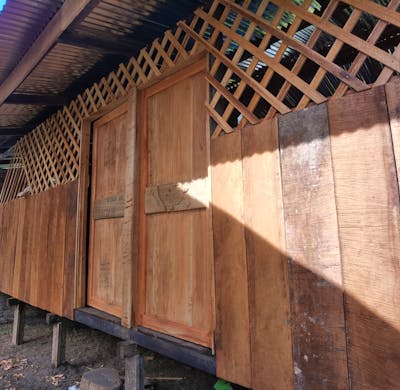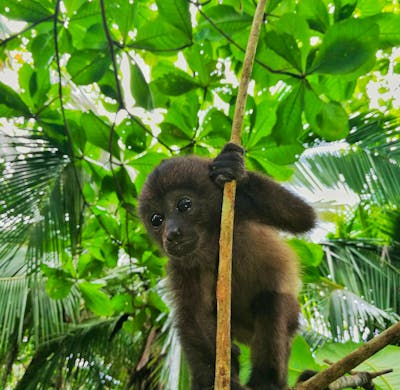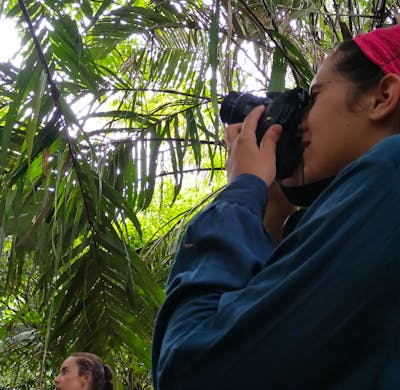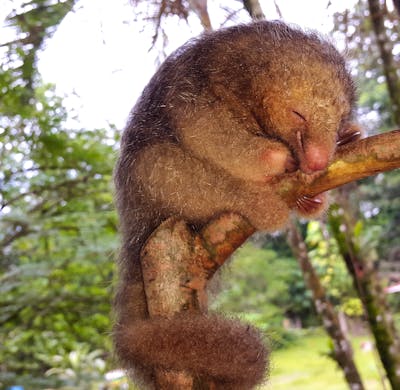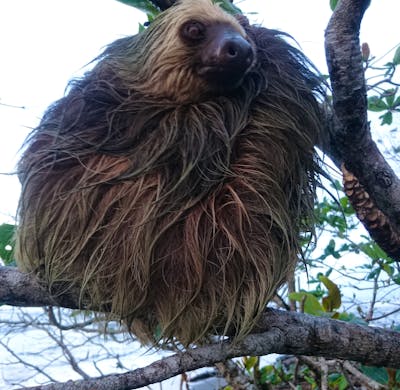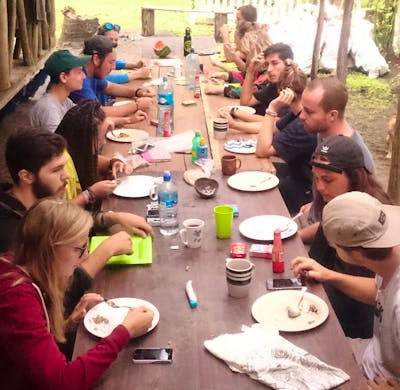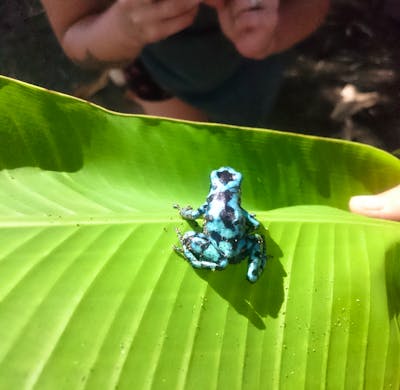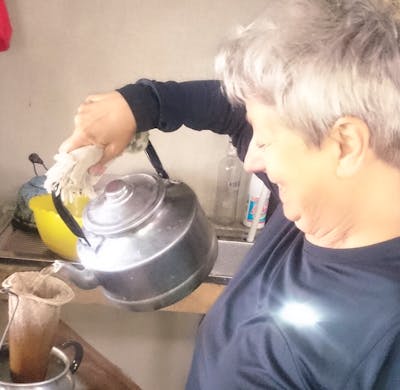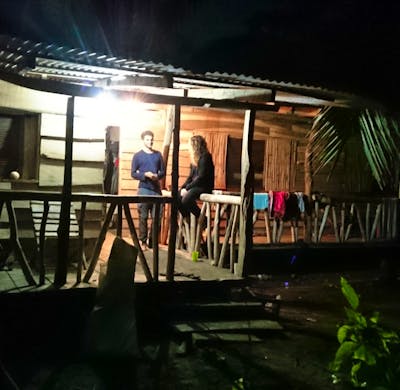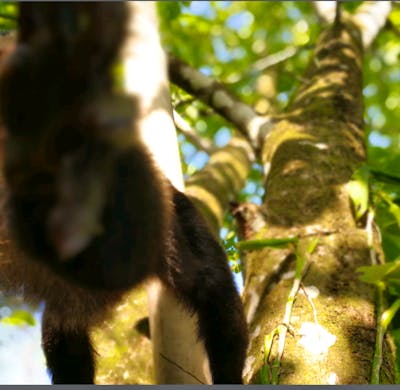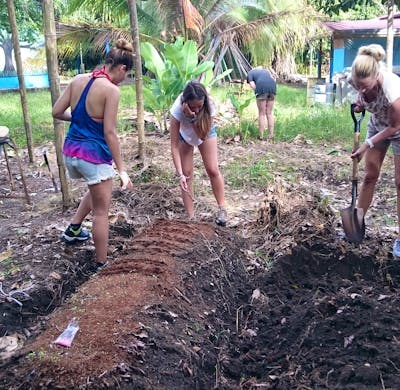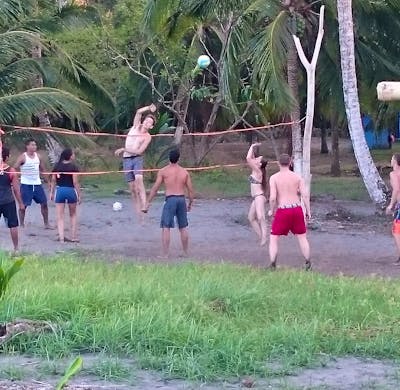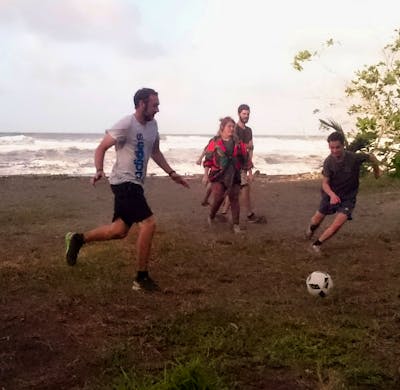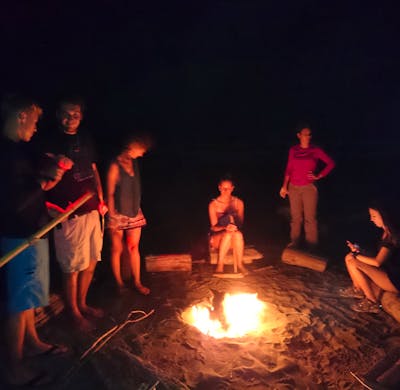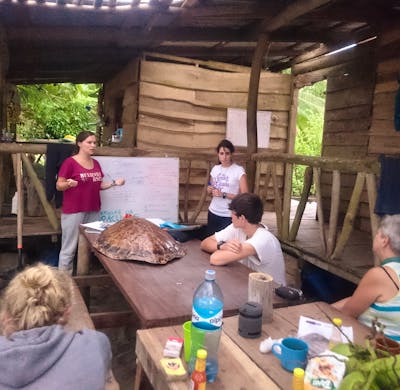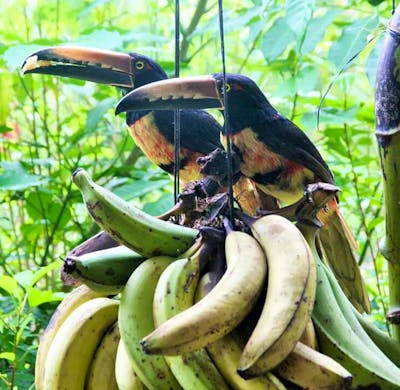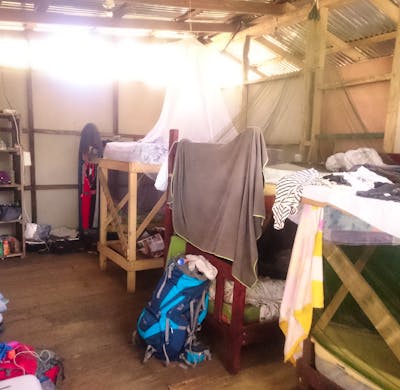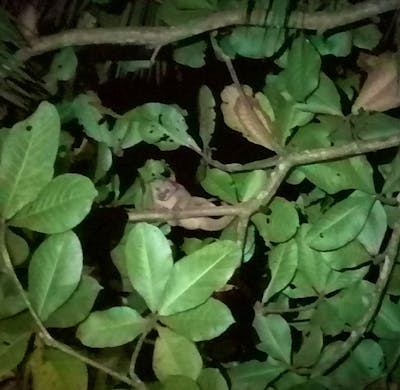Why coming as a volunteer to save sea
turtles in Costa Rica?
Costa Rica has many of the most important beaches in the world for turtle nesting. The government protects some areas, especially national parks, but many important beaches for turtles are unprotected. For this reason we started our project Tortugas de Pacuare and with the help of volunteers around the world. We have been working and saving turtles for more than 12 years now! Without the help of the volunteers, protecting these wonderful animals wouldn't be possible.
The protection of the turtles and the biodiversity of this area is our goal. In order to achieve it, we need the help of international volunteers. You, as a volunteer, should have the willingness to help with tasks that require a close attention. To support our diligent helpers, we create an atmosphere at the Tortugas de Pacuare project that makes them feel like at home. You should have a desire of leaving a mark in a humble village as well as the desire to succeed in the fight for a good cause.
Our project Tortugas de Pacuare is located 40 km South of Tortuguero in a small town called Barra de Pacuare, an island in the middle of the Caribbean. This makes us one of the most strategic destinations for leatherback turtles, green turtles, and hawksbill turtles, which are some of the most threatened species and are in serious danger of extinction. On the island are living a few people, there are several bars; the closest one is called "Las Machas". There, the volunteers can also buy what they need like shampoo, gel shower etc. or biscuits, cookies, cigarettes, beers etc.
Our vision is to save these turtles by hard work and making a change, not only for the animals, but also for the people, starting with the education of the children of our community.
A lot of reasons can steer a volunteer to take
part in a humanitarian project: a cheaper way of travelling or a new experience
and a different way of living. The volunteers come to learn about turtles, to
improve their Spanish, to live a new experience, to isolate themselves and
disconnect themselves from the reality.
We want to make your stay with us as enjoyable
as possible, excited to share with you. Your help is necessary to maintain the
preservation of sea turtles. Without our patrols, the beach will be vulnerable.
We want you to enjoy your experience with us as much as possible.
What does a volunteer need to bring
to Pacuare? (packing)
In the following list, you will find objects
that you should take with you in order to make your stay in Pacuare more
comfortable. This list is also helpful for travelling around Costa Rica.
- During
some hours a day, the wifi is available. However, if you want to assure you an
internet access whenever you want, it is better if you by a Costa Rican phone
card. Kolbi is the more effective operator on the island, you can recharge it
on the island but its efficiency depends on the climatic
conditions and the number of devices connected.
- There
are no banks on the island, you need cash (colones).
- Put
your stuff in plastic bags and remove the air with a straw, it is useful to organize them and if it rains, they
will not get wet.
- Black
Crocs with socks (comfortable and appropriate for night patrols).
- A
soap-dish if you use bars of soap (for hygienic reasons).-
- Mosquito
bed net and mosquito
repellent (Off or Relec) in the form of spray, bracelet and patch.
- A
lot of underwear
- A
coat and pants, especially if you come during the rainy season; because, it can
be colder.
- First
Aid Kit
- Cap
- Padlock
- They
do not sell hand rolling tobacco in Costa Rica
- Make
a photocopy of your passport and laminate it. Take it with you instead of your
passport when you go for a walk or go shopping.
- Also, you cannot stay more than 90 days in the country without a visa.
If you want to stay longer, you will have to leave the country during at least
72 hours.
Essential:
- Sunblock
- Dark
clothes for night patrols (lght)
- Headlamp
with red light (you can put a translucent red paper on it)
- A
watch if you are an assistant
Day work
The type of work depends on the period of the
year, the number of volunteers and the night work. Sometimes, you will work
during a certain amount of hours and sometimes till the end of the task
We try to make the day work as relax as
possible because night patrols are tiring. But if a volunteer wants to work on
a particular task, which is very important to him, the volunteer must feel free
to do it without waiting for staff members’ instructions
- Clean up the beach: remove organic
materials and rubbish which hobble the sea turtles on their way to the beach or
hobble the babies to reach the sea
- Breeding pond: construction of the
breeding pond, clean it up, check its condition, take data and watch it during
the night
- Construction of shelter to protect
oneself from the rain during the night patrols
- Night patrols: walking on the beach
at night to find sea turtles
- Housework
- Maintenance of the garden and construct a kitchen garden and take care of it (harvest)
- Compost: to dig a hole in order to
throw the organic trash inside it
- Bring the sorted waste to the Coast
Guards
- Wash turtles’ stuff
- Construct a kitchen garden and take care of it (harvest)
Pastimes
The project has some books and games to
entertain oneself and chill out.
- One-day trip to the mountain, game/quiz night, Latin music class, Spanish class, Hanging out, baking cookies, survival class, caimans tour, cooking class, campfire y marshmallows.
- The volunteers can also go to the Tortuguero
national park or Puerto Viejo during the weekend.
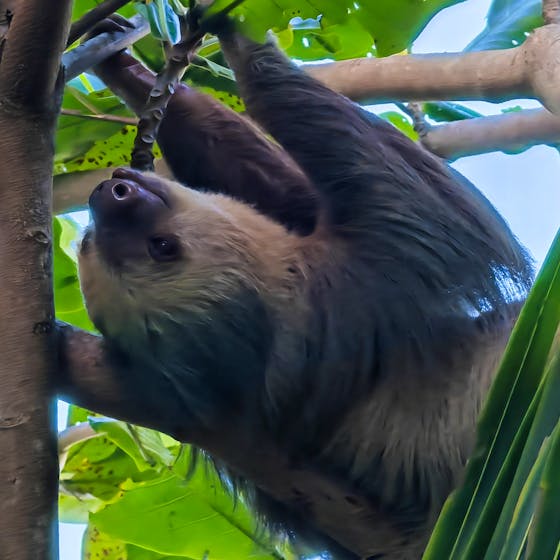
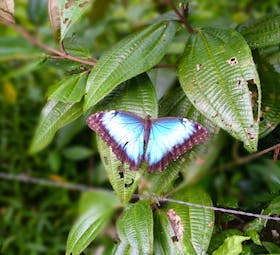
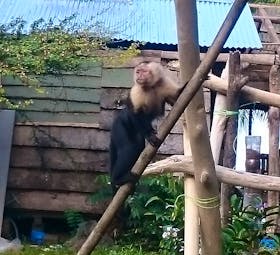
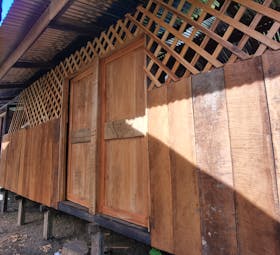
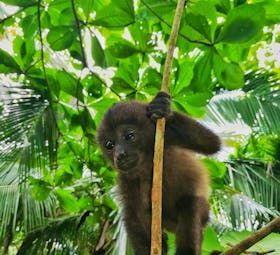
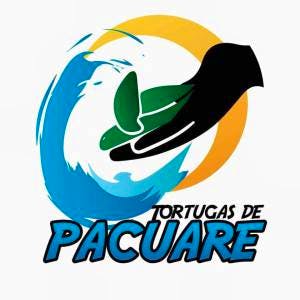
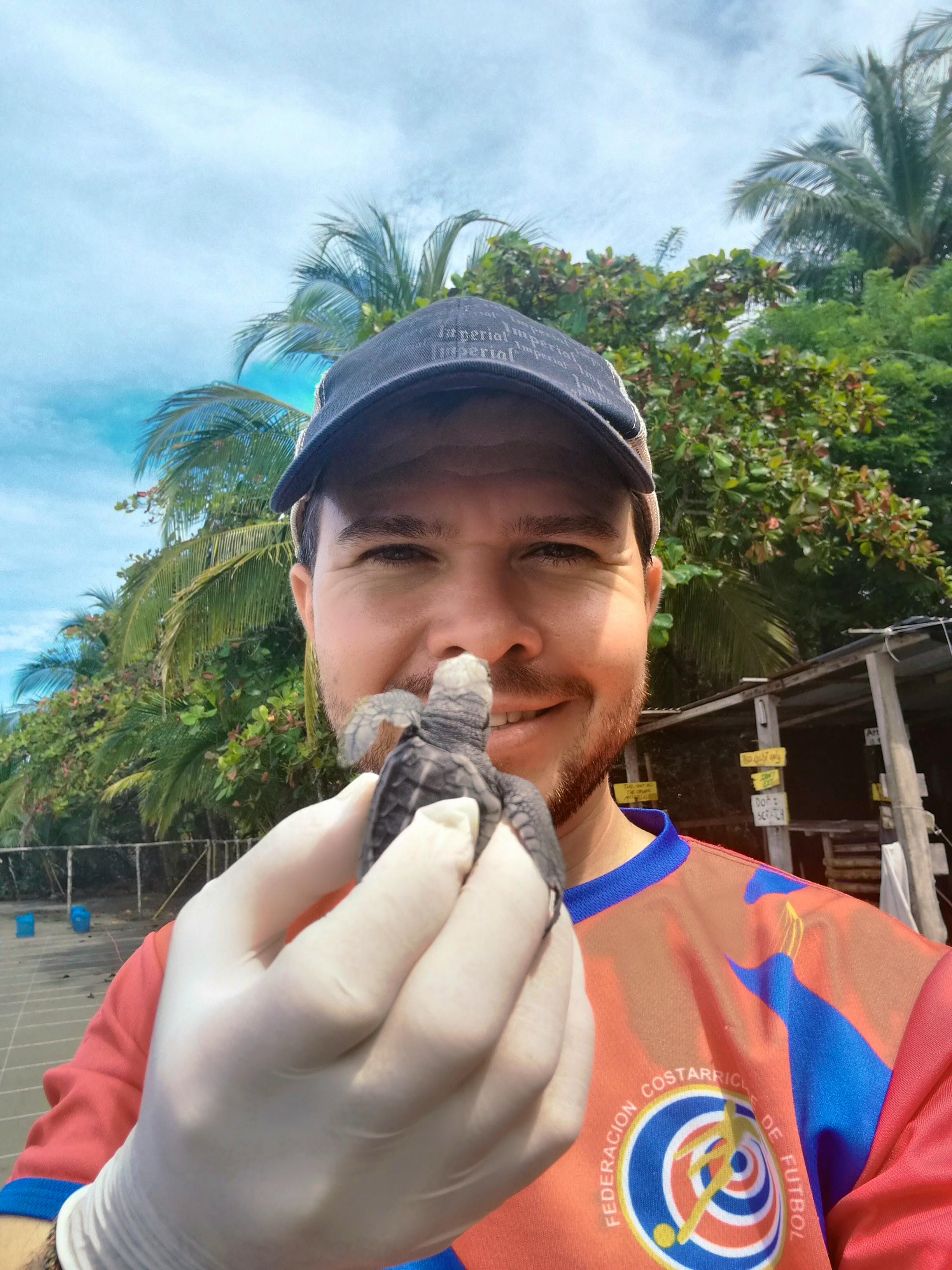
 4.4
4.4

